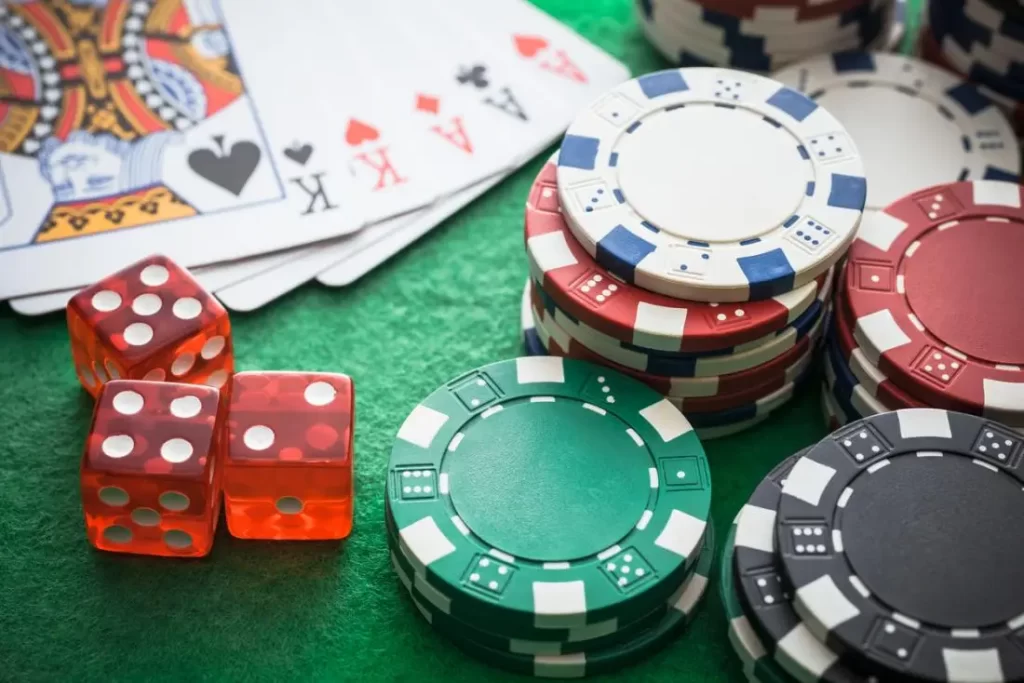
Therapy is an effective way to treat a gambling addiction. Although some people may resist this method, it can actually be extremely helpful in gaining back control and healing relationships. Cognitive behavioral therapy, which focuses on changing unhealthy thoughts and behaviors, can also be very effective. Other forms of therapy include family therapy and naturopathic medicine. This will help you develop new skills to deal with stress and other problems that arise as a result of gambling.
Cognitive behavioral therapy involves examining the relationship between thoughts, feelings, and behaviors to combat the problem. CBT may help a person change their perception of gambling, which can decrease the urge to gamble. People with severe forms of gambling addiction may also need medication. Fortunately, there are numerous treatments available for people suffering from a gambling addiction, including medications and inpatient rehab programs. These programs are designed for individuals who need round-the-clock care and support to help them overcome their problems.
Inpatient and outpatient rehabs are the most common type of gambling addiction treatment. These facilities have specialized programs that allow patients to continue their daily lives while undergoing treatment. A residential treatment program lasts 30 to 90 days, and may include dialectical or cognitive behavioral therapy. During this time, patients are exposed to situations that can trigger their gambling behaviors. This treatment is highly effective because it is individualized and tailored to the individual’s needs.
Gambling addicts may also have a mood disorder that aggravates the problem. Symptoms of these disorders will continue to worsen even when the individual does not engage in gambling. It may be necessary to turn over finances to a trusted friend in order to keep the compulsion under control. Family therapy can also help restore communication skills, trust, and relationships. It is important to note that dual diagnosis is common with many types of addiction. Mood disorders such as depression and bipolar disorder can cause problems with gambling.
Behavioral techniques are another option for treating pathological gambling. Psychodynamic approaches are more effective than behavioral treatments because they emphasize the belief that all human behaviors have meaning. Even self-destructive behaviors may have a legitimate adaptive purpose. By using cognitive-behavioral techniques, a person can regain control over their life and reduce their risk of relapsing. It is important to note that the different types of treatment methods do not work for everyone.
While the eroticization of tension is one approach to treatment, some researchers emphasize a different approach. Imaginal desensitization teaches a person to relax while in a gambling situation. In vivo exposure, the individual is able to experience the’reality’ of gambling while practicing these techniques. Eventually, they may become able to stay out of the habit and be free of it. However, they may still suffer from relapses after completing treatment.
Various drugs are used to treat pathological gambling, although no specific treatment has been approved by the FDA. However, research is ongoing, and some medications are promising. Among them are lithium, escitalopram, nalmefene, and valproate. These drugs are primarily prescribed for other comorbid disorders, such as bipolar disorder and attention-deficit hyperactivity disorder. However, these medications do not have a proven track record in treating gambling addiction.



